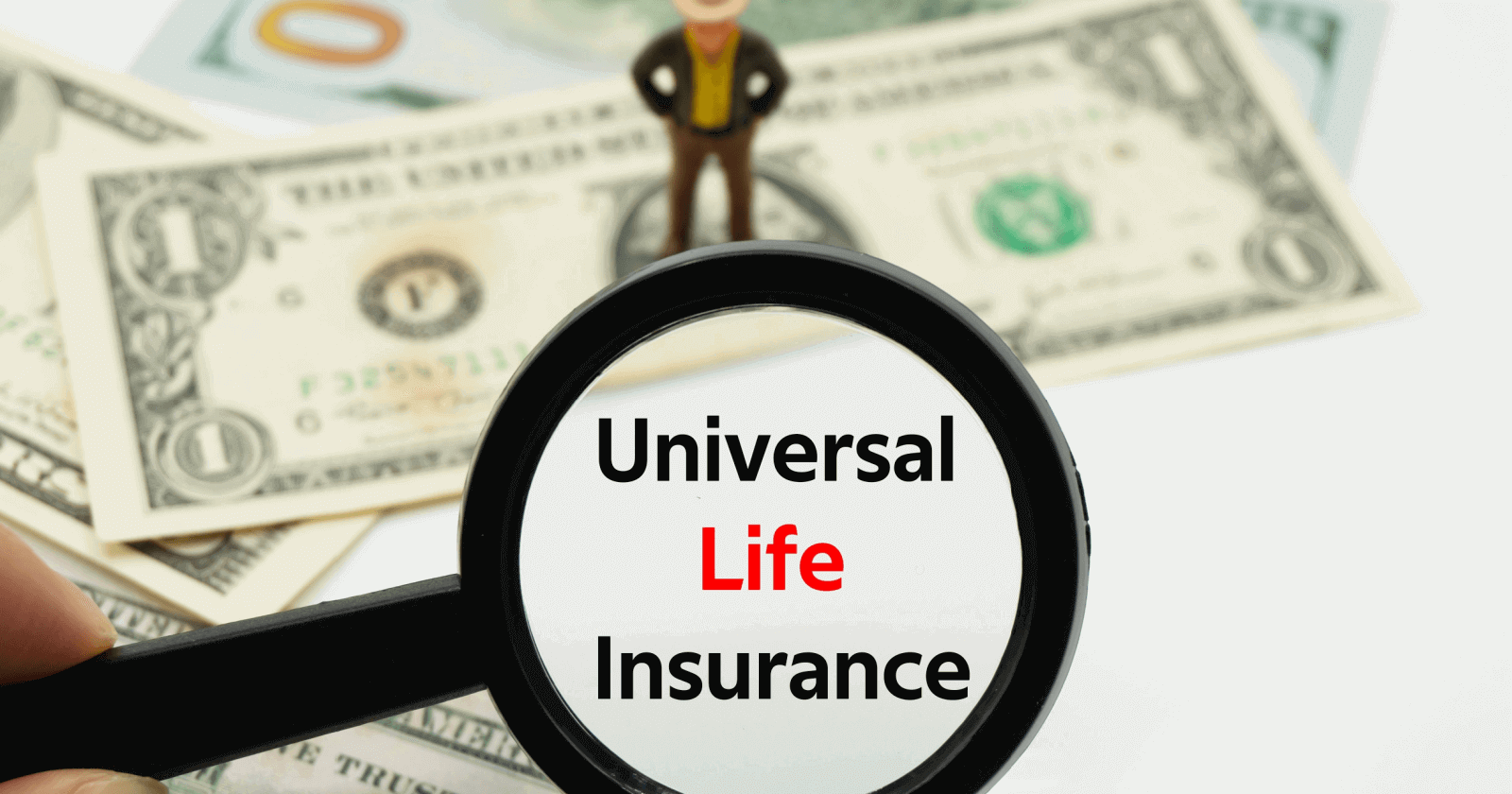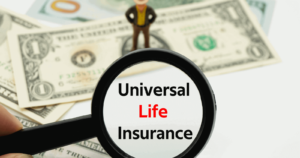Key Features of Universal Life Insurance
Universal Life Insurance is a type of permanent life insurance that provides coverage for the insured’s entire lifetime, as long as the premiums are paid. It combines a death benefit with a savings component, which is invested to build cash value over time. Here’s a breakdown of the key features:
- Flexible Premiums:
- Policyholders can adjust the amount and timing of their premium payments. This flexibility allows the policyholder to pay higher premiums to build cash value more quickly or lower premiums if financial constraints arise.
- Cash Value Component:
- A portion of the premium payments goes into a cash value account that earns interest. The interest rate may be fixed or variable, depending on the policy terms.
- Death Benefit:
- Universal life insurance provides a death benefit that is paid out to the beneficiaries upon the insured’s death. The death benefit can be level (stays the same) or increasing (the cash value is added to the death benefit).
- Loan and Withdrawal Options:
- Policyholders can borrow against the cash value of the policy or make withdrawals. Loans must be repaid with interest, or they will reduce the death benefit.
- Adjustable Death Benefit:
- Policyholders can often adjust the amount of the death benefit within certain limits, although increasing the death benefit may require additional underwriting.
- Interest Rate:
- The cash value earns interest at a rate determined by the insurer, which is often tied to market interest rates. Some policies may offer a guaranteed minimum interest rate.
Types of Universal Life Insurance
- Guaranteed Universal Life Insurance:
- This type focuses more on providing a guaranteed death benefit and less on building cash value. Premiums are fixed, and the policy remains in force as long as premiums are paid.
- Indexed Universal Life Insurance:
- The cash value growth is tied to a stock market index, like the S&P 500. It offers the potential for higher returns compared to traditional universal life insurance, but with a cap on the maximum return.
- Variable Universal Life Insurance:
- Policyholders have more control over the investment options for the cash value, choosing from a variety of sub-accounts. This can potentially offer higher returns but also comes with higher risk.
Advantages
- Flexibility: Adjusting premiums and death benefits provides policyholders with the ability to tailor the policy to their financial situation.
- Cash Value Growth: The cash value component can be used for loans, withdrawals, or to pay premiums.
- Lifetime Coverage: As long as premiums are paid, the policy remains in force for the insured’s lifetime.
Disadvantages
- Complexity: Understanding and managing the policy requires ongoing attention and financial knowledge.
- Cost: Higher premiums compared to term life insurance, especially if the policyholder is older or has health issues.
- Interest Rate Risk: The cash value growth depends on interest rates, which can fluctuate.
Universal life insurance is suitable for individuals seeking long-term coverage with the flexibility to adjust premiums and death benefits, and who are interested in building cash value over time.














Post Comment